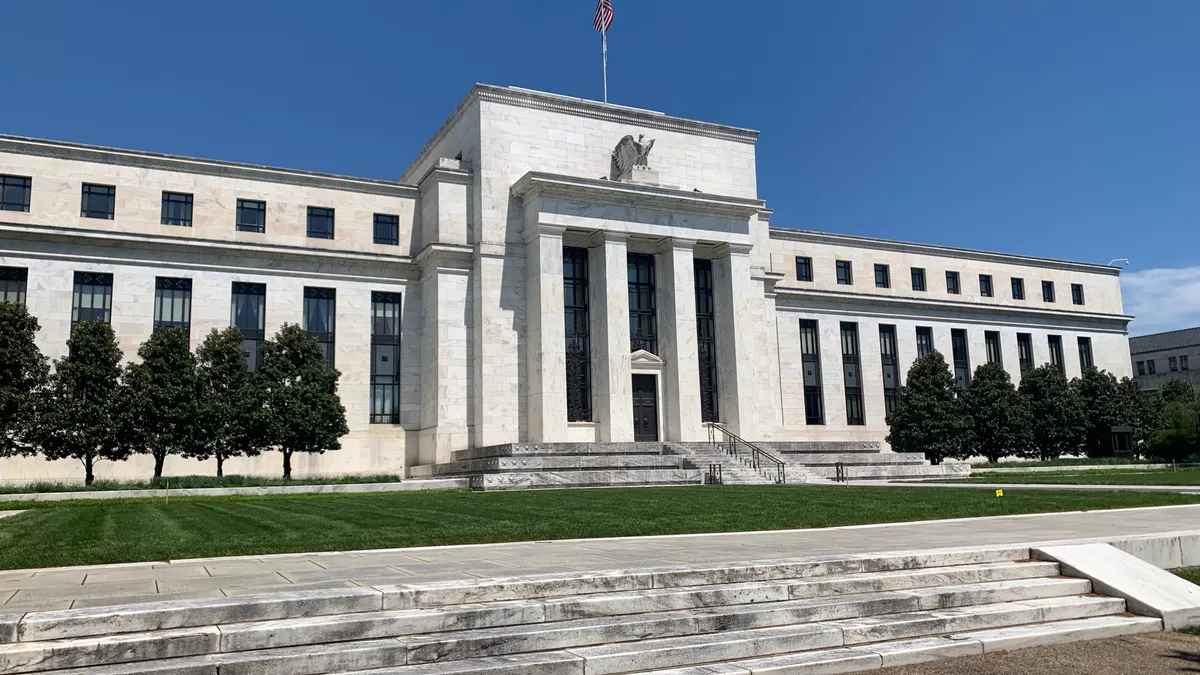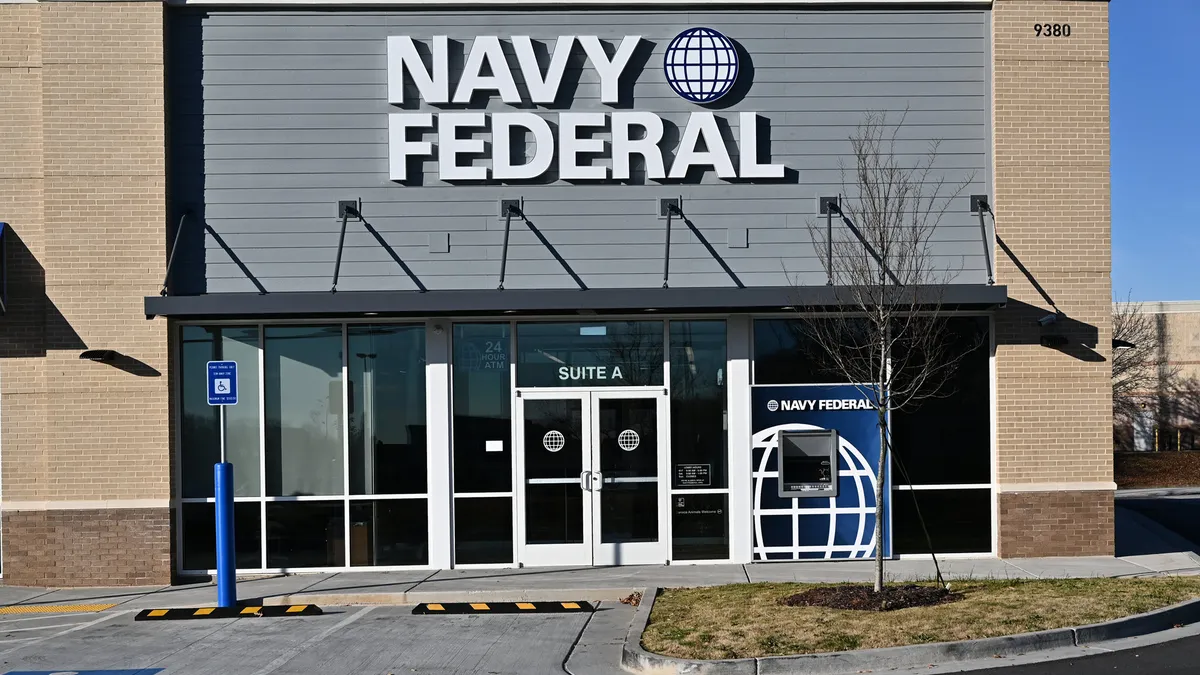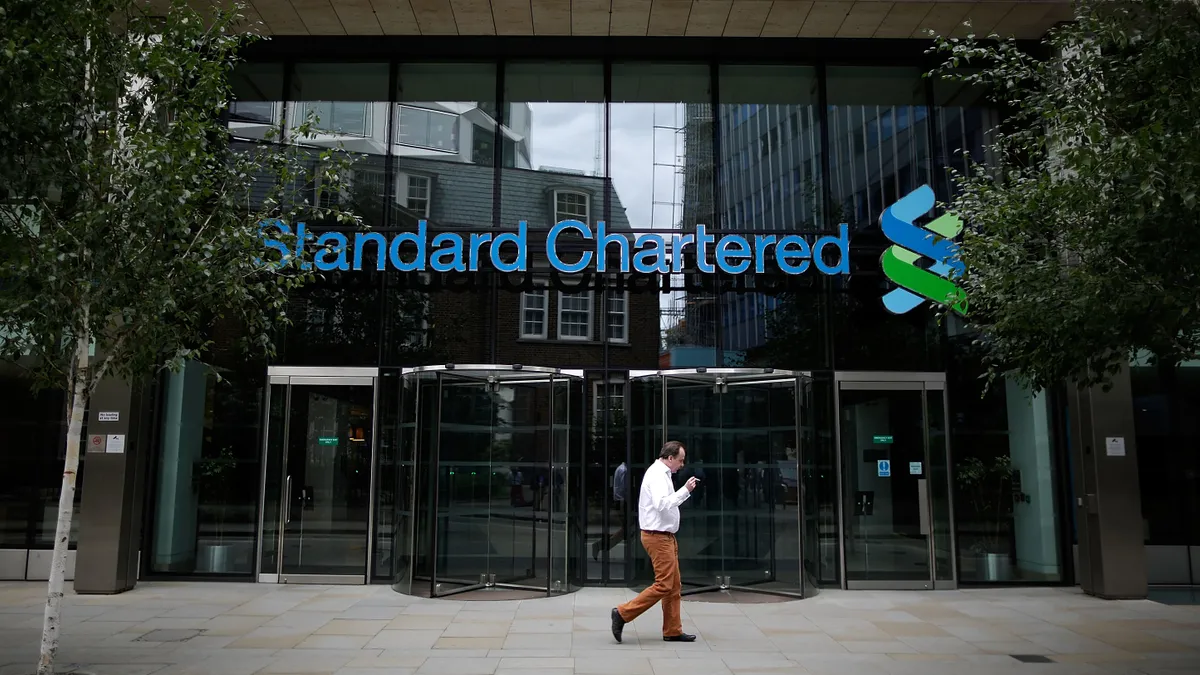Custodia Bank’s application to become a member of the Federal Reserve System featured shortcomings in three assessment areas, each “so adverse as to present sufficient grounds on their own for warranting denial of the application,” the central bank said in an order released Friday, detailing its January rejection.
“[T]he Board has fundamental concerns with Custodia’s proposal, including its novel and unprecedented features, and has determined that approval of the membership application would be inconsistent with the financial, managerial, and corporate powers factors,” the central bank said in its 86-page order.
In a scathing explanation of the Fed’s rejection of the crypto-focused bank’s application, the central bank said it found "significant deficiencies in Custodia’s ability to manage the risks of its day-one activities.”
Custodia’s decision to accept only uninsured deposits presents a managerial shortcoming, the Fed said, calling the move “an unprecedented business model that presents heightened risks involving activities that no state member bank previously has been approved to conduct.”
The Fed said it also has heightened concerns about banks with business plans focused on a narrow sector of the economy.
“Those concerns are further elevated with respect to Custodia because it is an uninsured depository institution seeking to focus almost exclusively on offering products and services related to the crypto-asset sector, which presents heightened illicit finance and safety and soundness risks,” the Fed said.
In a response to the Fed’s order, Custodia said its business model consists of holding $1.08 in cash to back every dollar deposited by customers.
In its financial assessment of Custodia, the Fed said the bank’s lack of diversification also represents a shortcoming.
“Without a materially diversified business franchise, Custodia’s revenue and funding model relies almost solely upon the existence of an active and vibrant market for crypto-assets,” the Fed argued. “However, crypto-asset markets have exhibited significant volatility.”
Recent bankruptcies at crypto-asset firms Celsius, Voyager, BlockFi and FTX “highlighted that the global and largely unregulated or noncompliant crypto-asset sector lacks stability and that dislocations in the sector can result in stress at financial institutions focused on serving the crypto-asset sectors,” the Fed said.
The Fed, however, did note that Custodia “appears to have sufficient capital and resources to sustain initial operations.”
Under the Fed’s assessment of the bank’s corporate powers, the central bank said it does not believe Custodia’s business model is consistent with the purposes of the Federal Reserve Act, “[g]iven the speculative and volatile nature of the crypto-asset ecosystem.”
The Fed argued the absence of deposit insurance coverage at Custodia could increase the firm’s risk of runs and contagion.
The Fed’s order detailing the reasons behind its denial of Custodia’s application comes two weeks after the collapse of several regional banks, institutions that became insolvent amid bank runs.
Nathan Miller, a spokesperson for Custodia, said the events “underscore the dire need for fully solvent banks that are equipped to serve fast-changing industries in an era of rapidly improving technology.”
“That is the exact model proposed by Custodia Bank — to hold $1.08 in cash to back every dollar deposited by customers,” he said in a statement. “Unfortunately, the Federal Reserve took its eye off the ball and allowed bank-run risks to build at traditional banks — while simultaneously engaging in a crackdown against the digital asset industry at large and Custodia Bank in particular.”
Miller, who accused the Fed of displaying a “general bias against digital assets,” said the Fed’s order “is the result of numerous procedural abnormalities” and factual inaccuracies.
Custodia, formerly known as Avanti, was approved for initial launch by both its primary bank regulator, the Wyoming Division of Banking, and an independent compliance consultant last fall, Miller said.
“Rather than choosing to work with a bank utilizing a low-risk, fully-reserved business model, the Fed instead demonstrated its shortsightedness and inability to adapt to changing markets,” he said. “Perhaps more attention to areas of real risk would have prevented the bank closures that Custodia was created to avoid. It is a shame that Custodia must turn to the courts to vindicate its rights and compel the Fed to comply with the law.”
The Fed in January rejected Custodia’s application to become a member of the Federal Reserve System, citing significant safety and soundness risks. Hours after the Fed’s denial, the Federal Reserve Bank of Kansas City announced its decision to reject the bank’s separate request for a Fed master account.
Custodia is suing both the Fed and the Kansas City Fed over an “unlawful delay” to its request to join the central bank’s payments system. That access, Custodia claims, is vital to its ability to operate effectively and efficiently.
The bank is inching closer to potentially facing the central bank in court after a district judge in February denied a Fed motion to dismiss the bank’s lawsuit against it.






















